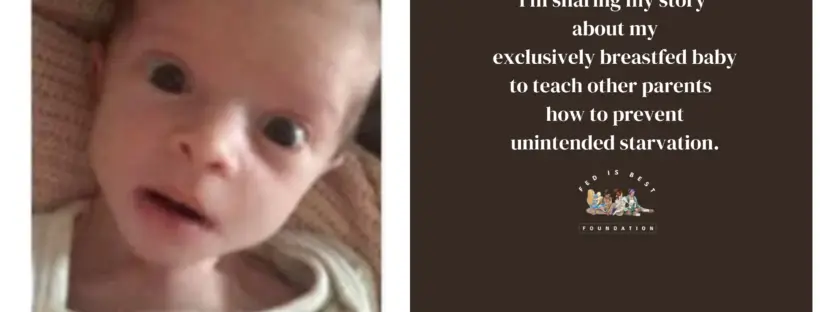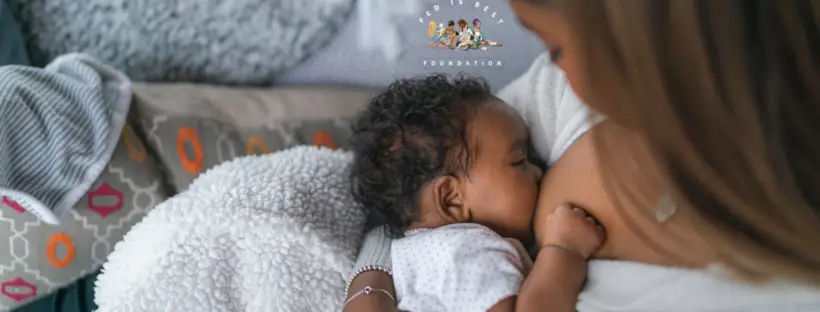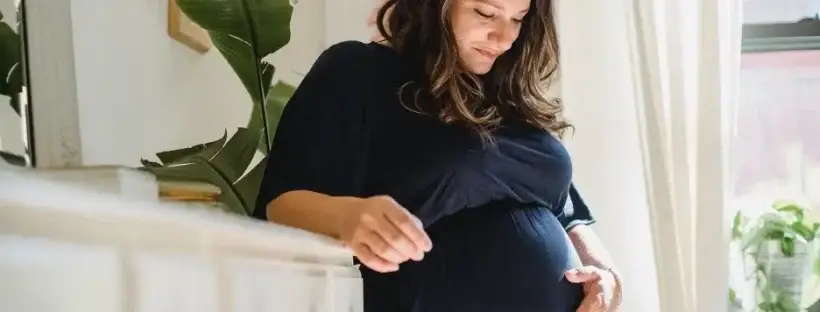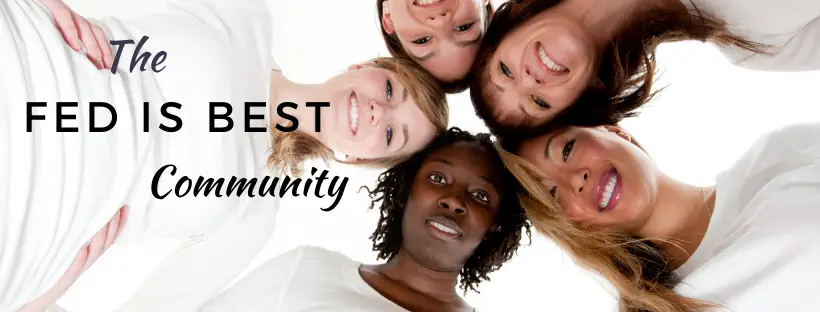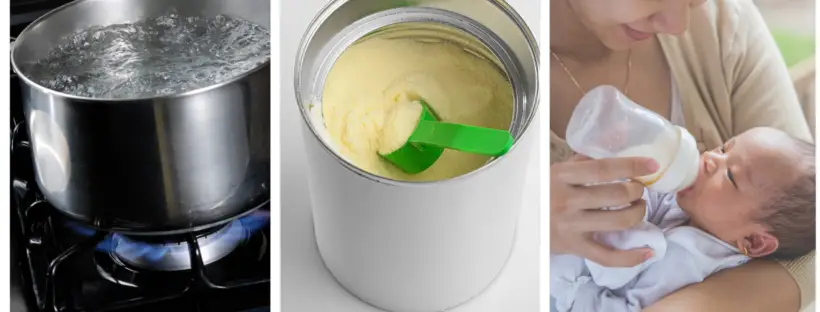My beautiful baby girl Mary-Kate was delivered by emergency c-section, and although there were complications during labor, she was healthy on arrival. Having done a bit of research and listened to the advice of professionals, as well as the threat of the global pandemic posing a risk, I decided I would breastfeed my daughter, to provide her with passive antibodies for COVID-19 from my milk.
I Supplemented My Baby Until My Milk Came In And We Are Still Breastfeeding At 3 Months
My son will be three months old tomorrow, and I’m reflecting on our nursing journey with gratitude. I had infertility and recurrent pregnancy loss before having him, and (after two rounds of IVF and six embryo transfers), he was born at 35 weeks. So we had a lot working against us for successful breastfeeding, but I wanted to try breastfeeding, and I was ready to advocate for myself and the baby if needed in the hospital since I knew I had significant risk factors for delayed onset of milk.

Hospital Bag Packing Tips for You and Your Partner
by Josh Moore from Diaperdads.org
Packing your hospital bag can be one of the most exciting parts of preparing for your new baby. It’s getting real! But as exciting as it is, many first-time parents feel stressed about what to pack and bring. The Fed is Best Foundationprovides infant-feeding education and can help ease parental jitters. Then you can focus on the fun parts — packing your bag like a pro and visualizing your ideal birth. Read on for tips about how to get started.
Your baby’s first need is you.
The list of baby supplies can feel overwhelming, but try to remember that you are what your new baby needs most of all. The first hour of skin-to-skin contact with your baby has powerful physical and emotional benefits. The comfort and love that you provide your baby immediately after birth are more important than any supplies you bring to the hospital.
That said, there are a few things that you should pack for him or her, such as onesies (including a full body suit), a swaddle blanket, a beanie, and (most importantly) an installed car seat to take your little one home. Your hospital or birthing center usually provides diapers and wet wipes. But keep in mind that if you do forget anything, a friend or relative can bring it to the hospital for you, so there’s no need to pack your baby’s entire future wardrobe. Continue reading
Why Fed Is Best: From One Therapist’s Point Of View
Written by Sarah Edge
I am a Counsellor Psychotherapist, specialising in postnatal mental health in the United Kingdom. I am also a Mum of two small children. I recently wrote a guest blog on “The Process of Healing From Infant Feeding Trauma, Guilt, and Shame: When You Wanted To Breastfeed and Couldn’t” for the Fed is Best Foundation, and when I was asked to write again, I jumped at the chance. In this piece, I aim to examine the Fed is Best message through my therapist’s lens and discuss why the Fed is Best message is an essential part of healing and recovery.
Do Parents Need To Boil Water For Powdered Infant Formula Preparation in the United States?
Written by Jody Segrave-Daly, MS, RN, IBCLC
Boiling water for powdered infant formula preparation is one of the most conflicting and confusing topics for parents. Our governing bodies such as the CDC, WHO, WIC, AAP, and FDA, all have varying recommendations for preparing formula.
Seventy-five percent of infants in the US will receive some infant formula by 6 months of age. Safe infant formula preparation education is very important to ensure babies are fed safely for optimal growth and health outcomes. Parents have shared some of the educational materials they received for formula preparation, and there were vast differences ranging from a one-page handout to a complete step-by-step instruction booklet. Most parents said they were not told to boil water.
